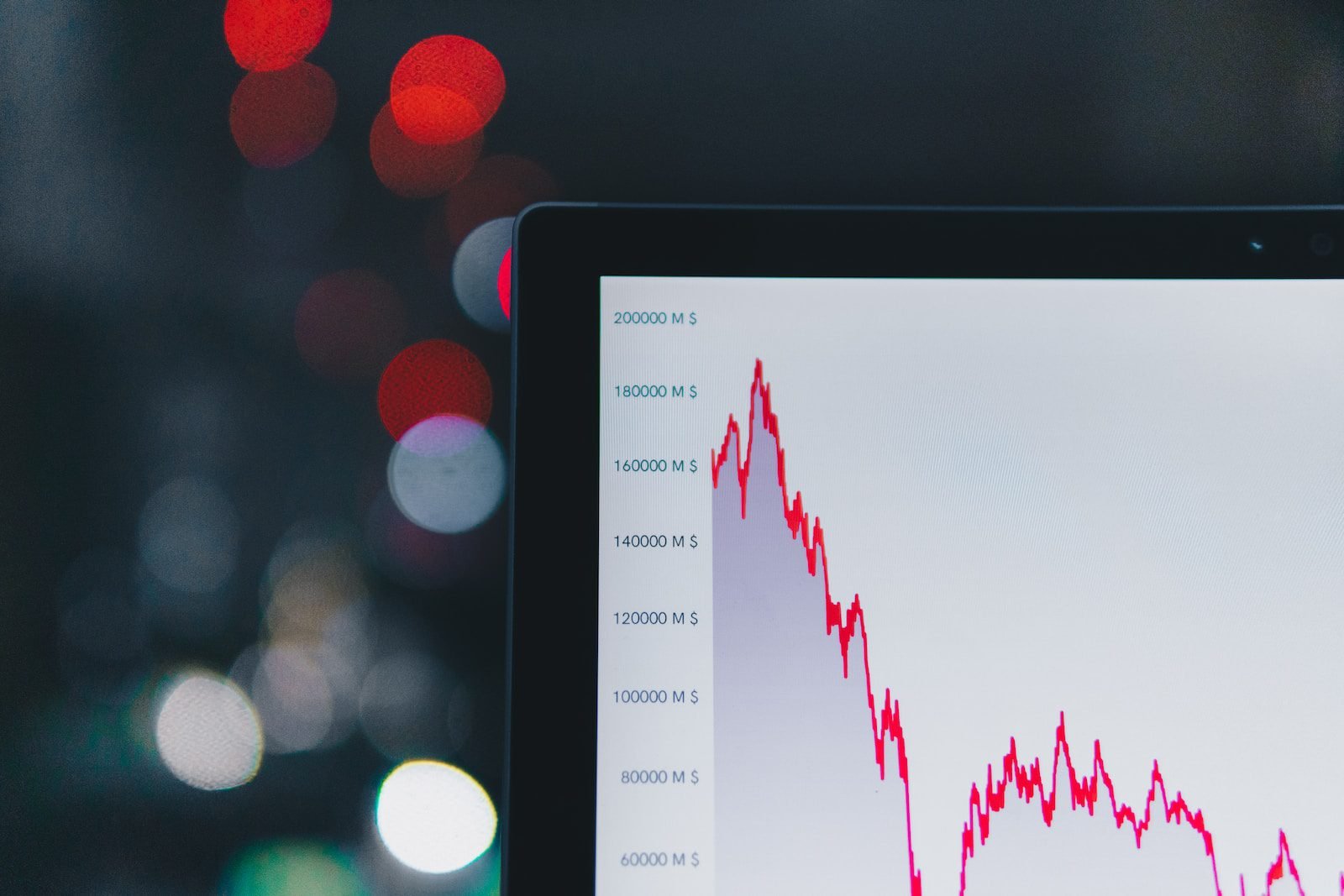21st May 2023
Currencies of emerging markets have long been known for their susceptibility to volatility, which can have far-reaching implications for both domestic and global economies. The likes of Brazil, India, and Turkey often find themselves in the spotlight as their currency performance becomes a subject of close scrutiny. From geopolitical events and economic instability to policy changes, numerous factors contribute to the fluctuating nature of these currencies.
Geopolitical events play a pivotal role in shaping the performance of emerging market currencies. Tensions between nations, geopolitical conflicts, or even political instability within a country can trigger substantial volatility. For instance, in recent years, the Turkish lira has experienced significant depreciation due to geopolitical tensions with the United States, trade disputes, and domestic political uncertainty.
Economic instability is another crucial factor impacting emerging market currencies. Factors such as inflation rates, GDP growth, fiscal deficits, and current account imbalances can have profound effects on currency performance. Brazil, for instance, has faced challenges related to high inflation rates, slow economic growth, and a weak fiscal position, leading to currency depreciation. Similarly, India has been grappling with economic slowdowns and concerns over its fiscal deficit, which have resulted in currency depreciation against major international currencies.
Policy changes and shifts in monetary or fiscal policies can also contribute to currency volatility. Central banks play a critical role in setting interest rates, which can influence currency values. Any unexpected or drastic changes in monetary policy, such as interest rate hikes or cuts, can lead to volatility in emerging market currencies. For example, when the Central Bank of Brazil unexpectedly raised interest rates to combat inflationary pressures, it triggered a surge in the Brazilian real. Conversely, when the Reserve Bank of India opted for interest rate cuts to stimulate economic growth, it resulted in a depreciation of the Indian rupee.
Let’s take a closer look at the performance of some key emerging market currencies:
- Brazilian Real (BRL): The Brazilian real has experienced significant volatility in recent years. In 2022, the real depreciated by approximately 20% against the US dollar, largely influenced by economic uncertainties, high inflation rates, and political developments. However, in the first quarter of 2023, the real showed signs of recovery, appreciating by around 5% against the US dollar.
- Indian Rupee (INR): The Indian rupee has also faced considerable volatility. In 2022, the rupee depreciated by around 8% against the US dollar due to concerns over economic growth, inflation, and fiscal deficits. However, in the early months of 2023, the rupee managed to gain strength, appreciating by approximately 3% against the US dollar.
- Turkish Lira (TRY): The Turkish lira has been one of the most volatile currencies in recent times. In 2022, it experienced significant depreciation, with a decline of around 30% against the US dollar. Factors such as geopolitical tensions, trade disputes, and domestic political uncertainties contributed to the lira’s volatility. However, in the first quarter of 2023, the lira exhibited signs of stabilization, appreciating by approximately 7% against the US dollar.
As these examples illustrate, emerging market currencies are subject to a myriad of factors that can drive volatility. Geopolitical events, economic instability, and policy changes all play a crucial role in shaping the performance of these currencies. Investors and policymakers alike must closely monitor these factors to mitigate risks and capitalize on potential opportunities in these dynamic markets.
References-
https://pib.gov.in/PressReleasePage.aspx?PRID=1894932
https://www.reuters.com/markets/currencies/turkish-lira-falls-record-low-near-19-dollar-2023-03-09/





